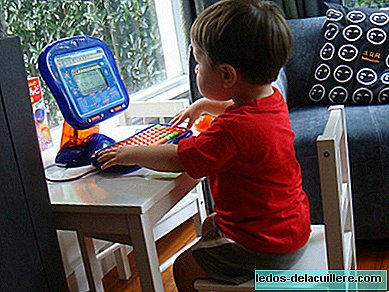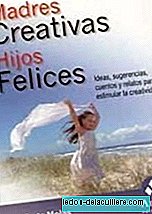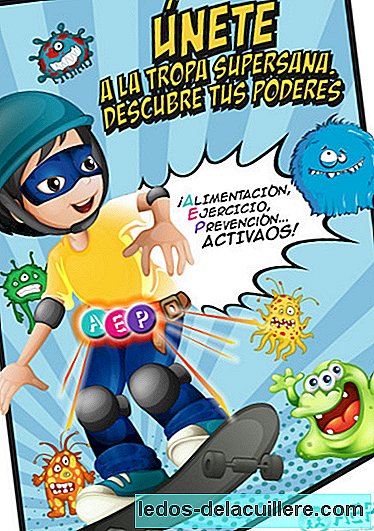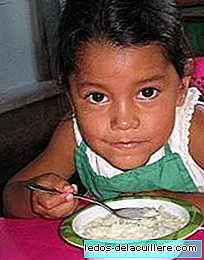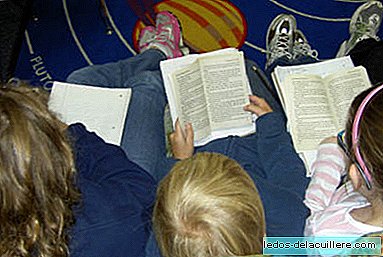
The Federation of Publishers' Guilds of Spain has been carrying out the Barometer of reading habits and buying books since 2000. Through this instrument, information is continuously obtained on the aspects related to this habit in the Spanish population. A sample of 13400 people is studied annually to obtain the results.
We have recently been told that during 2011, and for the age range of 10 to 13 years the following data have been obtained (among others): all read at least once a quarter, 82.9% read in their free time (without having to do with the studies), 75.1% have declared to read At least once a week. The report also yielded other data: that 46.6% read in digital format and that their favorites are Gerónimo Stilton, Greg's diary and Kika Superbruja.
Missing data related to younger children, and with the 'free' reading (not motivated by studies) daily, because for this entity to read at least once a week is to do it frequently, however my children read every day. But beyond statistics, families must be clear about the advantages of children reading, to enhance this habit from home. When from home we have clear the benefits of reading, we try to always be present in our families by facilitating access to books, reading to children and establishing spaces so that they are comfortable reading.
And this why?
Reading is a very important instrument on the road to 'school success'
Opening a book is opening a 'window to the world' and enriching our knowledge.
This habit contributes to the development of cognitive, expressive, social, affective and motor development.
Beyond all the advantages related to the development of creativity, the acquisition of knowledge, and the enrichment of oral and written expression, we like to read because we enjoy doing so. And this aspect links our children very strongly with books, and then supports their development in every way.
Reading is an axis in all educational, formal and informal contexts, so we must propose to promote it through a series of good practices. At this point I would like to remind you of a fantastic article by Miriam, in which (and among other things) we recommended visiting libraries with children, reading them or respecting their choices.
And, although not all children are interested (and we must respect this), it is often said that 'a reader is not born', but 'is made'. The patience and persistence that we show finally bear fruit.
We also want to talk to you about how to organize reading spaces for children at home, but this will be tomorrow.




